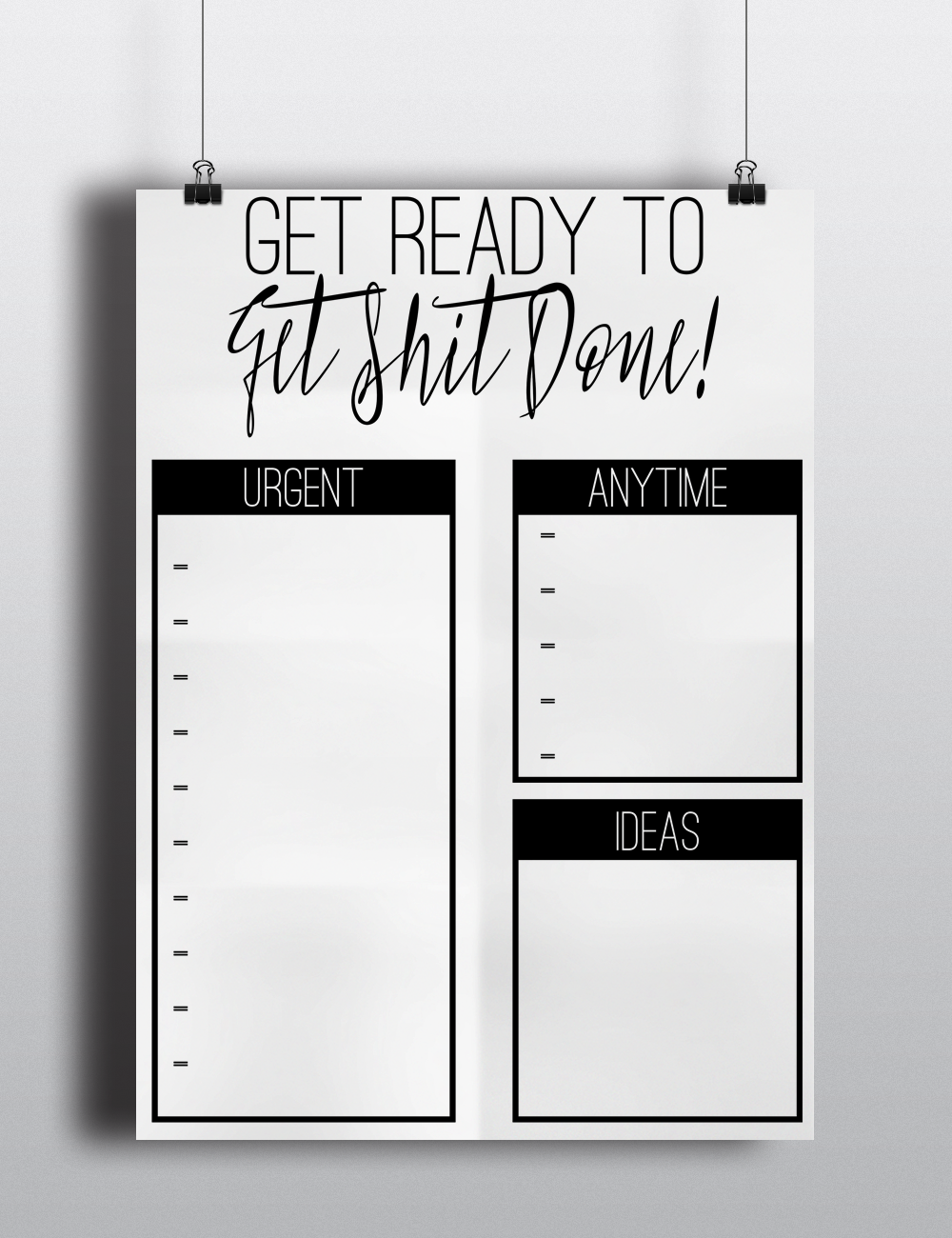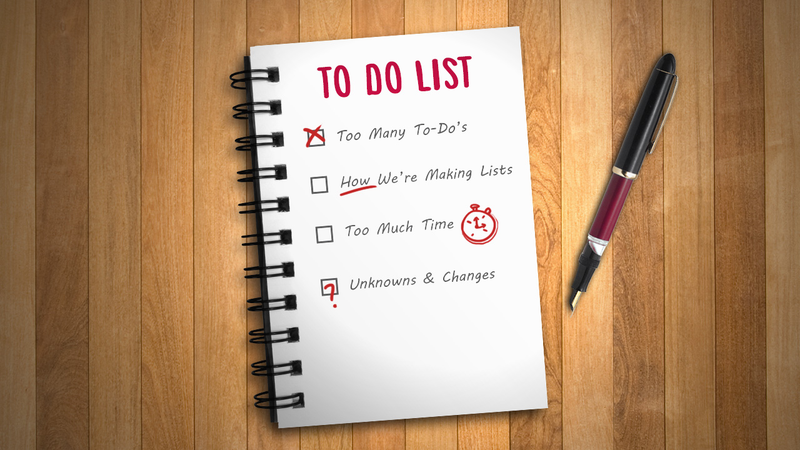

Estimate how much time you need to complete each taskīe realistic with how much time the task requires to be completed. It's beneficial to adjust your expectations periodically so you can feel good about crossing off completed tasks, making you feel more accomplished and balanced. By assigning due dates to your tasks, you're cleverly planning out your week, which is also an excellent time management strategy. Seeing when tasks are due helps you prioritize and the more specific you are, the more likely you are to get more done. Determine realistic deadlinesĪny time a task has a due date, add it. Once accomplished, you can enjoy the satisfying feeling that you've completed these tasks and any remaining tasks will seem easier by comparison. Choose no more than two priority tasks for each day, and work on those first.

Prioritize important, tougher tasks that need to get done. Without a plan for the day, it's easy to get distracted and lose motivation. This reflective thought process will save you valuable time as you start your day with a plan already in place. Your tasks are completing your course readings and assignments, studying for exams, and doing everything else on the course syllabus that contributes to your course grade.įinalizing your to-do list the evening before is helpful because you can reflect on the tasks you really need to accomplish. For example, if you're a nursing student, your goal is to graduate.

When you break down an objective into smaller parts, you have specific actions, which are your tasks. Objectives are the steps you take toward achieving your goal. It's important to remember to put only tasks on your list, not objectives or goals. 3 I personally prefer the latter and like to keep my list small so I can keep my focus solely on accomplishing only those tasks. Others recommend limiting your to-do list to three items total, especially if you're a beginner at working with to-do lists. Some experts recommend the 1-3-5 rule, which is one big task, three medium tasks, and five small tasks to accomplish in one day. Sometimes, creating your to-do list can be a task in itself and you don't want to overwhelm yourself by taking on more than you can handle. Once you've written or recorded all your tasks, you'll begin to sort them and, in the process, those tasks that need priority will become apparent, whereas others can wait. Your preferred method of creating your to do-list is significant because the more comfortable you are with your method, the more likely you'll stick to it in terms of recording, reviewing, and prioritizing your tasks. If you're “old school,” you may prefer to write your to-do list with pen and paper if you're tech-oriented, you may choose one of the many smartphone and digital device apps. Choose a method of creating your to-do list 1 But what if you could manage your tasks and time, set realistic expectations, and actually complete the items on your to-do list all while feeling good about what you got done today instead of feeling bad about what you didn't, and realistically couldn't, do? With the following 12 strategies, you can work and study smarter and feel more productive and accomplished. To-do lists usually make us think we should be able to get it all done now and when we can't check off the tasks on our list, we become self-critical and unmotivated to do it all over again. However, there are times that your motivation and stamina are in short supply, yet your growing to-do list needs attention. Crafting a to-do list also provides you with a sense of control and order and an effective tool for time management if used the right way. On a positive note, a to-do list limits unnecessary stress because you don't need to worry about remembering what you need to accomplish. To-do lists are a way of organizing what needs to get done, preventing you from forgetting the important tasks while reminding you of your responsibilities. Everyone at some point will find themselves accumulating a formidable list of things to do, but successfully completing that list without being overwhelmed and stressed is another story.

We've all experienced the intimidating to-do list. Malaria: Has your patient traveled recently?.Nurses and smoking cessation: Get on the road to success.QSEN competencies: A bridge to practice.My aching back: Relieving the pain of herniated disk.Family presence during resuscitation in a rural ED setting.


 0 kommentar(er)
0 kommentar(er)
